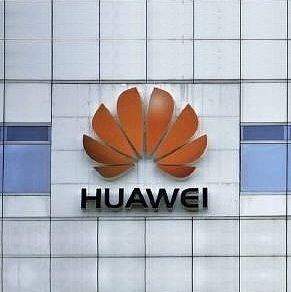Huawei Agrees Three Network Deal, Annnounces Finnish R&D Centre

Huawei plans to double its European workforce over the next five years
Huawei has continued its expansion into the European market after agreeing a £120 million network management deal with mobile operator Three and announcing plans to open a new research centre in Finland.
Around €70 million will be invested in the research and development centre, which will be located in Nokia’s own back yard. The Chinese telecoms equipment manufacturer said it plans to double its European workforce to 14,000 within the next three to five years and hopes to develop smartphones running Windows Phone 8.
Mobile devices accounted for 22 percent of Huawei’s business last year, but the company mainly focuses on the sale of routers and other telecoms equipment.
Huawei European expansion
 As part of the deal with Three, Huawei will deliver service management and operations for the operator’s core UK network, and the information and communication technology applications.
As part of the deal with Three, Huawei will deliver service management and operations for the operator’s core UK network, and the information and communication technology applications.
The contract had previously been held by Ericsson, which has seen its dominant market share in some sections of the industry slide in the face of competition from Chinese manufacturers like Huawei and ZTE. Other European vendors such as Alcatel-Lucent and Nokia Siemens Networks have also struggled in an increasingly competitive marketplace.
Huawei has pledged to spend £1.3 billion and create 500 jobs in the UK and will move to a new 140,000 square foot headquarters in Reading next year. However, its expansion has been thwarted by accusations of state subsidies and security concerns.
Internal analysis at the EU has determined that Huawei and ZTE are damaging European producers of wireless networking equipment by dumping low-cost products in the EU. This, it says, is achieved by Chinese government support given to them and their customers.
The Intelligence Committee of the US House of Representatives, the lower house of Congress in the US, has also declared the two companies should not be allowed to sell their products in the US because Chinese state influence meant that their wares were likely to be used for espionage efforts.
How much do you know about smartphones? Take our quiz!